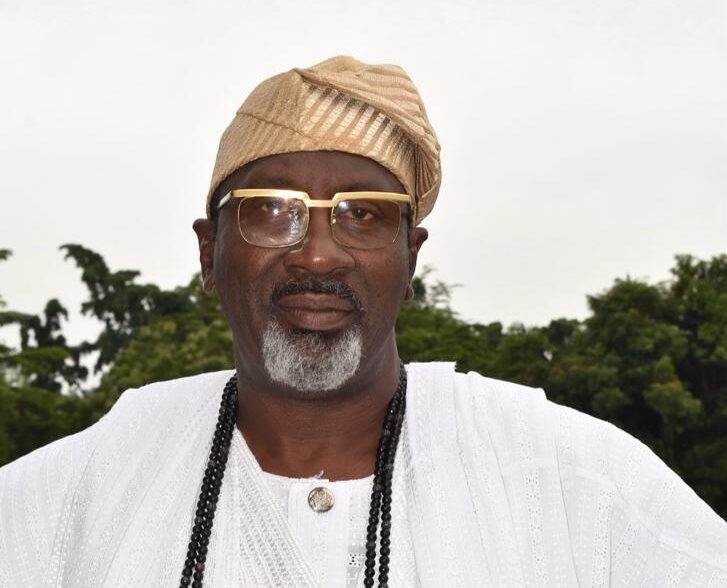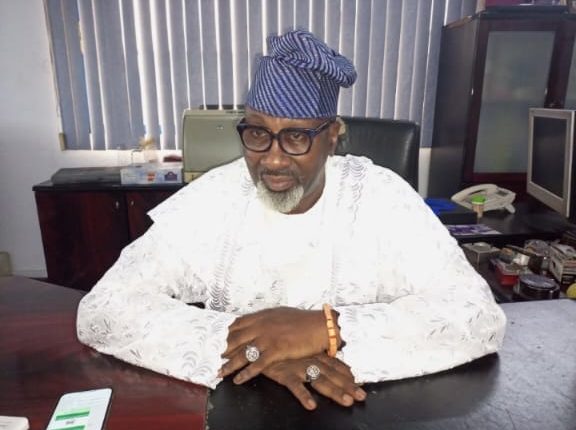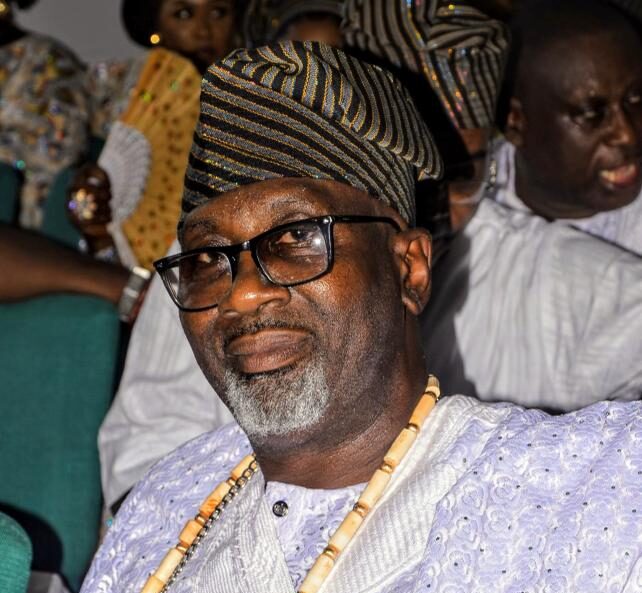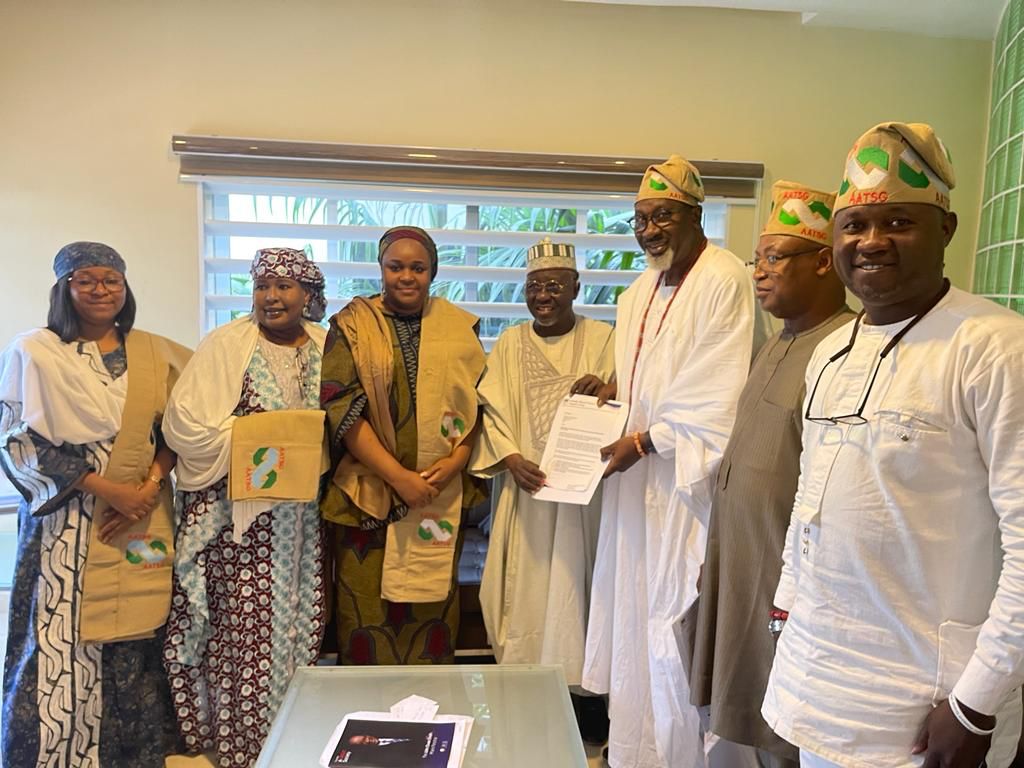Nigerians are expected to shift their focus from 2027 towards identifying and supporting capable candidates, transcending party lines. This positive change reflects a hopeful future for the country’s democracy. – Abayomi Odunowo.
In order to truly understand the political landscape of Nigeria, it is crucial to grasp the concept that politics in this country is not so much about the individual candidate as it is about the political party they represent. This may seem perplexing to outsiders who are accustomed to elections being a referendum on the character and qualifications of the individual running for office. However, in Nigeria, the party itself often takes precedence over the person vying for a political position.
The significance of the political party in Nigerian politics cannot be overstated. It is not uncommon for candidates with dubious or even criminal backgrounds to win elections simply because they are affiliated with a popular or influential party. One striking example of this phenomenon occurred a few years ago when a senatorial candidate of the People’s Democratic Party (PDP) was not only in prison but also facing serious criminal charges. Despite these circumstances, he still managed to secure victory in the elections, demonstrating the power of party affiliation in Nigerian politics.
Furthermore, in a more recent case during the 2023 elections in Lagos, the Labour Party unexpectedly emerged victorious in several positions where they had no candidates running for office. This astonishing turn of events serves as a poignant reminder that Nigerians are primarily driven by their allegiance to a political party rather than the qualifications or character of the individual candidates.
The question naturally arises: why are Nigerians so fixated on the political party rather than the individual candidate? The answer lies in the intricacies of Nigeria’s political history and the nature of its party system. Political parties in Nigeria are often deeply entrenched in the fabric of society, with loyal supporters who identify strongly with their chosen party. These allegiances are frequently grounded in complex social, regional, and even religious dynamics, making them incredibly difficult to shift or alter.
Additionally, the prevalent political culture in Nigeria tends to prioritize collective identity over individual merit. This means that the party’s agenda and ideology often take precedence over the personal attributes of the candidate. For many Nigerians, the party represents a broader set of values and principles that resonate with their own beliefs and aspirations, and this is what ultimately informs their voting decisions.
It is important to note that this phenomenon is not unique to Nigeria, and can be observed in various other political contexts around the world. However, the degree to which party allegiance shapes Nigerian politics is particularly pronounced and has significant implications for the country’s governance and democratic processes.
Understanding the centrality of political parties in Nigerian politics has far-reaching implications for anyone seeking to engage with or comprehend the country’s political landscape. It demands a nuanced approach that goes beyond traditional notions of political campaigning and candidate-centered elections. Any meaningful analysis or engagement with Nigerian politics must grapple with the enduring influence of political parties and the intricate web of social, cultural, and historical factors that underpin their significance.
In conclusion, the primacy of political parties over individual candidates is a defining feature of Nigerian politics. It is a reflection of the complex interplay between historical legacies, social dynamics, and the collective identities that shape political behavior. While this may appear confounding to outsiders, it is an essential aspect of understanding and navigating the power dynamics and intricacies of Nigerian politics.
Media Contacts
Otunba Abdulfalil Abayomi Odunowo
National Chairman AATSG
Tel: +2349053535322
Email: [email protected]



